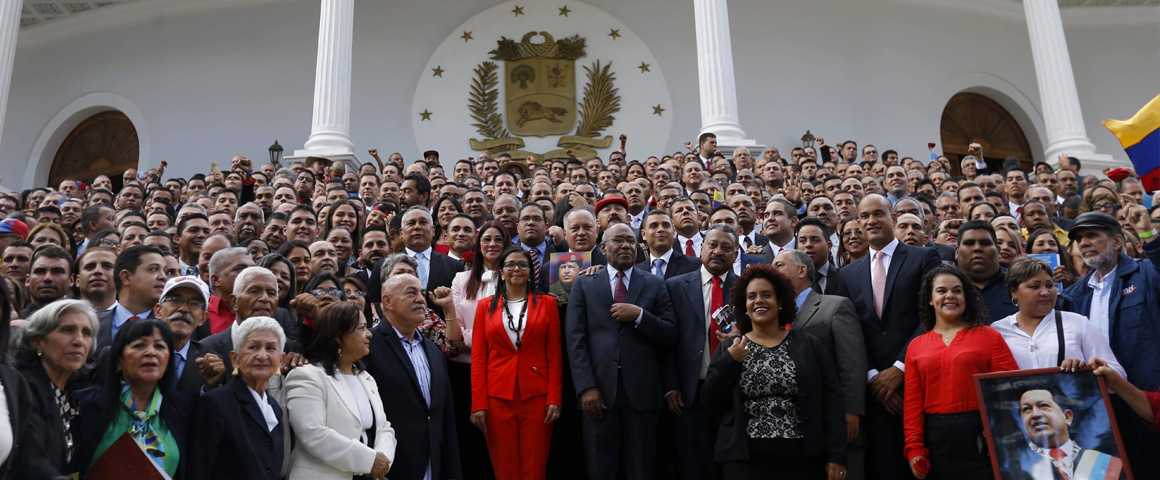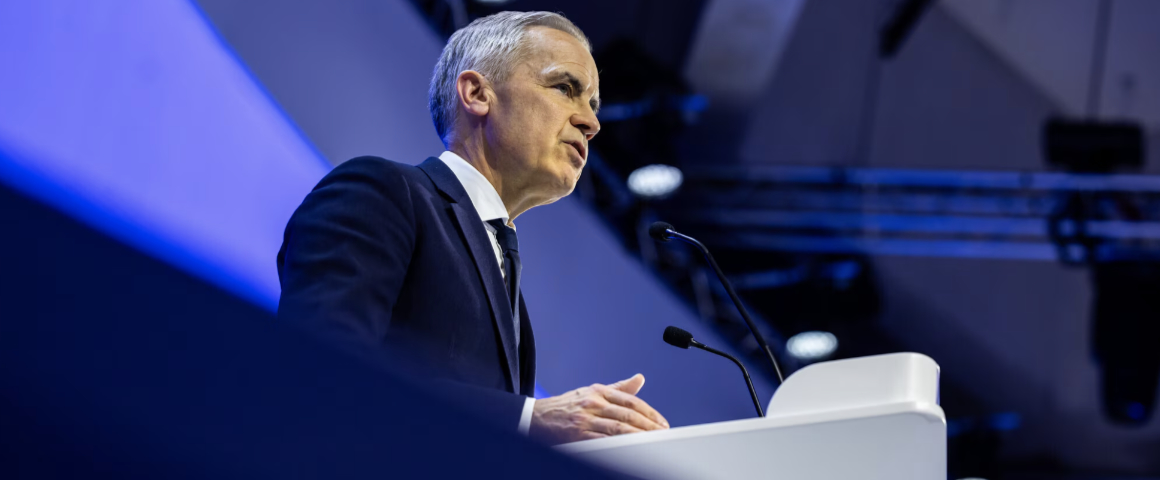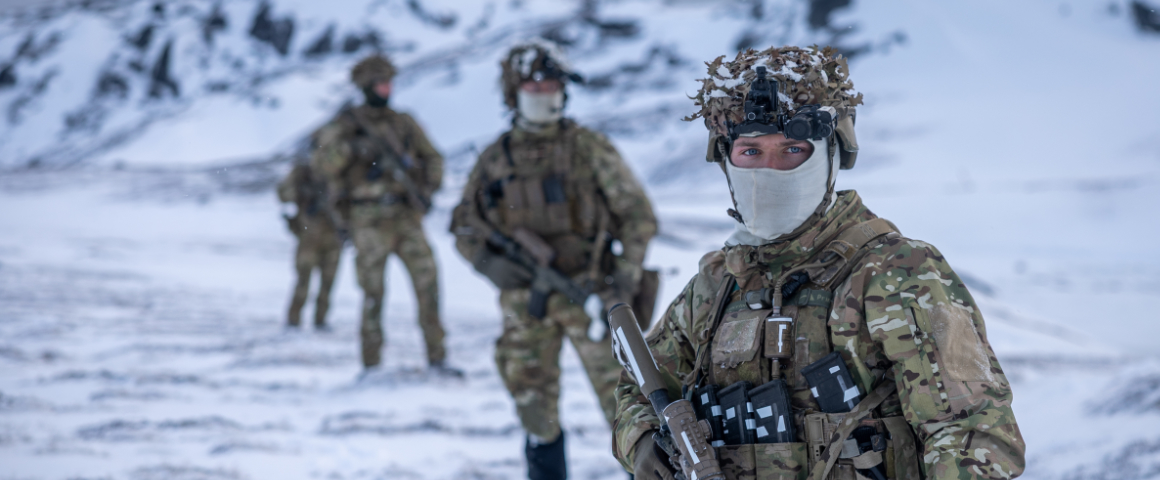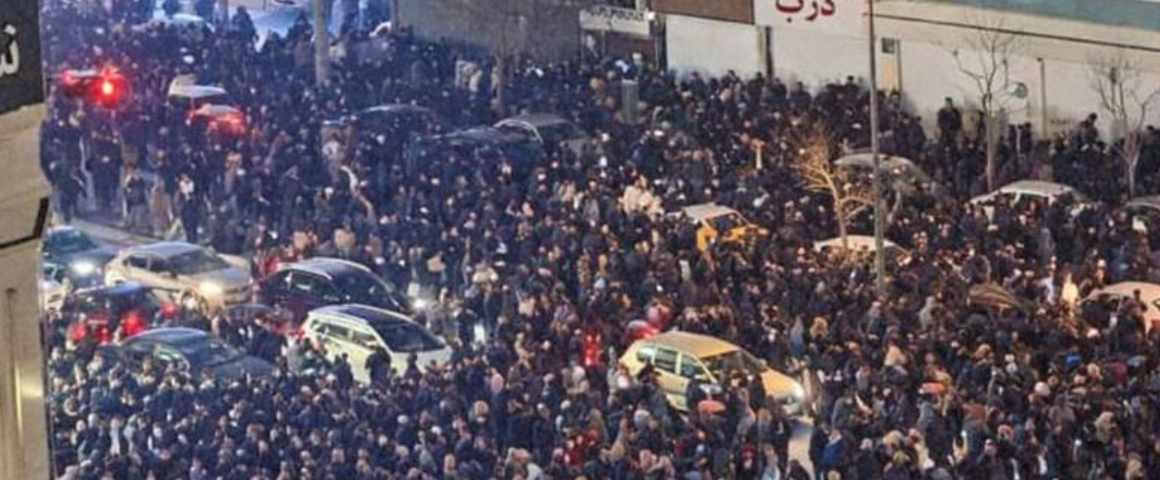On July 30, 2017 over 8 million Venezuelans went to the polls to elect a national constituent assembly (Asamblea Nacional Constituyente, ANC). The working class of Venezuela overwhelmingly supported the government’s effort to find a mechanism to break the constitutional impasse, overcome capitalist economic crisis gripping the country, and halt the cycle of fascist violence responsible for at least 124 deaths and millions in property damage.
Peace or violence, democracy or repression, submission or independence: calling for the 2017-ANC, President Maduro put these questions to the people, placing sovereignty into their own hands.
On July 18, the Trump regime threatened “strong and swift economic sanctions” should the Maduro government proceed with the ANC. After the vote, Trump threatened military intervention. The Canadian government has been a virtual echo chamber for Washington. Foreign Affairs Minister Chrystia Freeland has “serious concerns” about the process and stated that the ANC was “contrary to Venezuela’s constitution.” Mainstream media outlets from the CBC to the Washington Post have relentlessly repeated these accusations and warned that the ANC is just another step towards dictatorship.
Seriously lacking in the capitalist press is a thoughtful discussion of what led to the 2017-ANC, the actual struggles that have taken place in Venezuela over the past two decades, the Bolivarian constitution, and the aims and objectives of the 2017 ANC.
Hugo Chavez swept into power in the December 1998 election with the explicit objective of building a new Venezuela out of the shambles of the Fourth Republic, a time during which more than 11,000 political disappearances occurred.
The electoral success of the ‘dictatorial’ Bolivarian Revolution is impressive. Of the 21 elections, the revolutionary forces have won 19, including four presidential elections: in 1998 Chavez won 56.2% of the popular vote; 2000: 59.8%; 2006: 62.8%; 2012: 55.1%. Nicolas Maduro won the 2013 election with 50.6% of the popular vote after the death of Chavez. The Polo Patriotico led by the PSUV has won three of the four National Assembly elections since 1999. President Chavez narrowly lost a referendum regarding constitutional reform in 2007 and President Maduro lost the National Assembly election of 2015.
In the 2015 election, the opposition Democratic Unity Roundtable (MUD) won 109 of the 164 deputies. There was video evidence of electoral fraud and vote buying on the part of the opposition in southwestern Amazonas state, and the Venezuelan Supreme Court temporarily suspended the deputies and launched an official investigation. Henry Ramos Allup, the president of the National Assembly, ignored the ruling and swore in the members, leading the Court to nullify all actions taken by the legislative body.
The two priorities of the illegal National Assembly were to immediately remove Maduro from office and release from prison several violent criminals, responsible for 43 deaths. Freddy Guevara, a member of the far-right Voluntad Popular, stated “we have to accelerate the exit of this government as soon as possible.”
In February 2016 the Assembly passed a controversial amnesty law to free several criminals involved in the 2014 violence, including Leopoldo Eduardo Lopez Mendoza, founder of Primero Jusicia, in clear violation of the Bolivarian Constitution. The Assembly made no effort to address the capitalist economic crisis affecting the population.
Unable to overthrow the elected government by constitutional maneuvers, the opposition changed tactics to fascist violence and foreign intervention. The street violence known as ‘guarimbas’ cost the lives of more than 120 persons with 1200 people injured between April and July of 2017. Foreign financed street violence caused millions of dollars damage to public and private property in Caracas. Some people of colour became victims because they “appeared to be Chavistas”. They were doused with gasoline and set alight. Members of the Security Forces were attacked with Molotov cocktails and small arms fire. On the international stage the USA used the Organization of American States (OAS) as a forum to facilitate direct intervention in Venezuelan affairs. Secretary General Luis Amagro attempted to invoke the ‘Democratic Charter’ against Venezuela. The move failed when the Permanent Council of the OAS issued a statement in support of dialogue.
2017-ANC
Venezuela needed to find a way through the constitutional impasse and to respond to the capitalist economic crisis, the fascist violence and the direct threats of foreign intervention. President Maduro turned to Article 348 of the Bolivarian Constitution. On May 1, 2017, he issued Decree 2830, calling for a National Constituent Assembly, based upon the constituent popular process. Far from being a dictator, President Maduro turned to the people of Venezuela, placing power into their hands.
Maduro suggested nine programmatic objectives:
Peace: “The constituent process is a great call for a nation-wide dialogue to contain the escalation of political violence”
Economy: “The perfection of the national economic system moving towards a Venezuelan Power by conceiving the new post-petroleum, mixed, productive, diversified and integrating economic model”
Missions: “To enshrine the Missions and Grand Socialist Missions in the Constitution”
Judicial System: “The broadening of the responsibilities of the Judicial System to eradicate criminal impunity, particularly regarding crimes committed against the people”
Democracy: “To enshrine in the Constitution the new forms of participatory and protagonist democracy through the recognition of the new subjects of the People’s Power, such as the Communes, Communal Councils, and the Workers Councils”
Sovereignty: “The defense of sovereignty and integrity of the nation and the protection against foreign interventionism” and “the promotion of the consolidation of a multi-polar and multi-centric world that ensures respect for law and international security.’
Multicultural character of the Homeland: “enabling us to recognize each other as Venezuelans in our ethnical and cultural diversity” “inoculating us from social and racial hatred that is today incubated in a minority of society.”
Youth: “enshrine the rights of youth…free and conscious use of information technologies, the right to a dignified and creativity-liberating job.
Biodiversity: “the sovereign rights to protect our biodiversity and the development of an ecological culture in our society.”
Curiously the opposition had demanded a constituent assembly to try and oust Maduro, but when the call went out for its convocation, the MUD boycotted the election.
The make-up of the 2017-ANC is extremely interesting. 364 seats were designated for geographic regions, including at least one seat per municipality and two more for each state capital. Eight seats were guaranteed for indigenous peoples to be elected according to their traditions. A total of 173 seats were allocated to sectoral groups, including workers groups (79), peasants(8), fishers (8), students (24), pensioners (28), disabled (5), communal council members (24), and business people (5). Clearly the working class is heavily favoured within the 545 seat 2017-ANC.
More than 6,000 candidates ran for the various seats on the ANC.
Despite significant efforts to prevent voting, including physical attacks on those trying to cast their ballot, more than 8 million people participated. The election of the 2017-ANC has enabled the government to take the initiative. The most important advances include an immediate halt to the street violence, the dismissal of Luisa Ortega from her position as Attorney General for ‘grave misconduct” including lying about her approval of Supreme Court Justices, calls for revamping the economy, and new anti-hate legislation.
The 2017-ANC is a major step forward in the struggle for national independence and sovereignty, against violence and war. It opens the door to more political and economic democracy. It will allow the government to address many of the problems facing Venezuela, including the economic crisis. But the privileged classes will not accept the democratically elected ANC, just as they have never accepted the democratically elected Presidents Chavez and Maduro. The struggle continues.
(The author was a delegate to the “Todos Somos Venezuela-We Are All Venezuela” international solidarity conference held September 16-19, 2017, in Caracas.)




